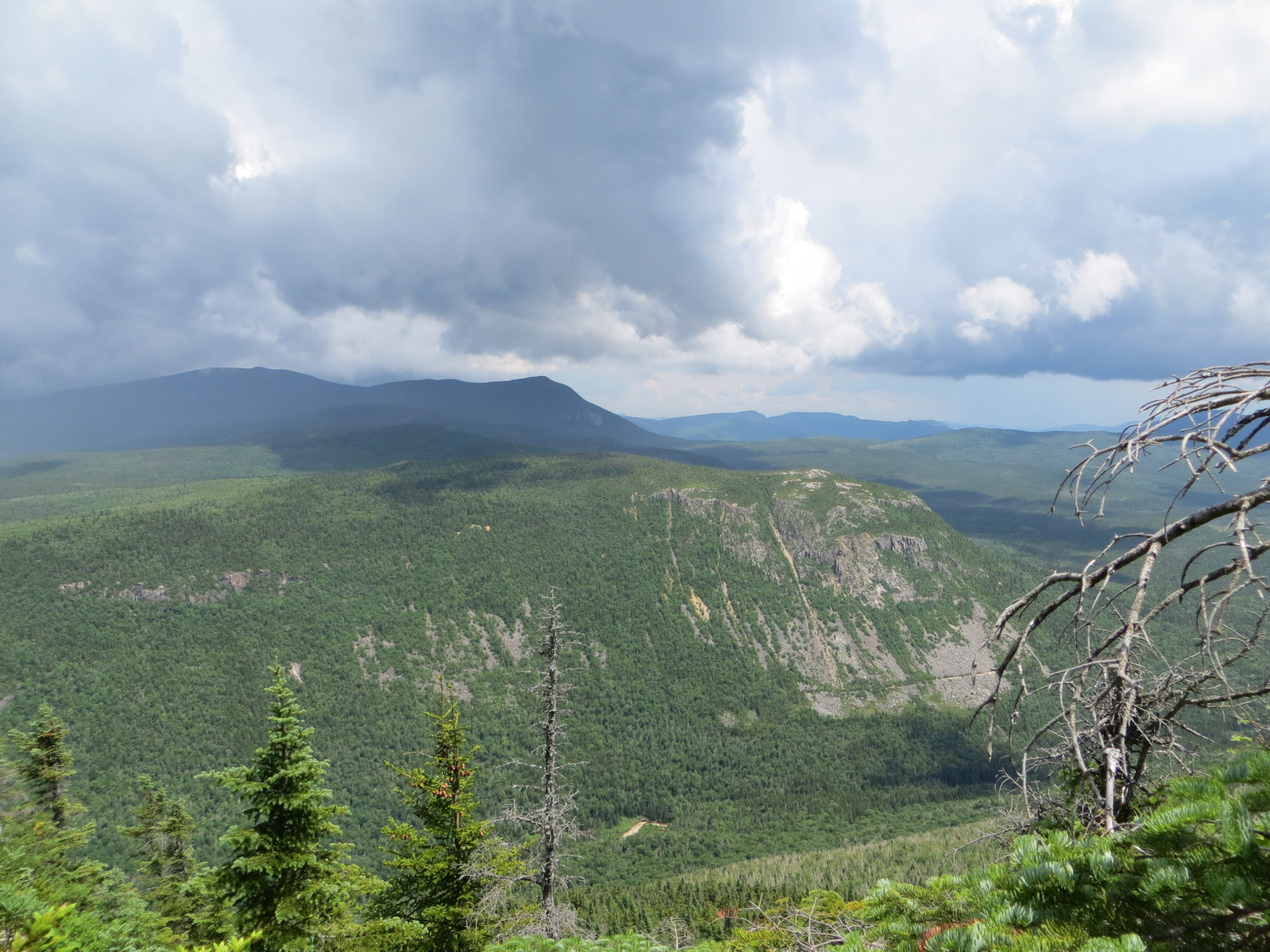I don’t want to see anything outside of my little boxed-in world. All I can do is sit here on the couch and pray that no one needs anything from me, or that nothing else exists. Being numb to everything = safety. The crying starts and I feel like it is going to break me. And I have nothing to soothe it. No alcohol. No drugs. No eating disorder. No cutting. The intensity of the pain I am feeling is unreal. I have two options. First, I can stay very still and let the internal agitation and anxiety threaten to well up inside me until I pull out every strand of hair or bang my head on a wall so hard that I see stars. Or I can give into that agitation and watch as it turns into tears. And not just any tears – full-out body shaking sobbing that has the potential to rip my heart and my stomach outside of my body.
Neither of those options are acceptable to me. But here we are.
To engage with life again feels like slowly creeping across an old, battered bog bridge that should have been replaced years ago. It is rotting and feels more like a teeter-totter rather than a way across the water or mud. Bog bridges can be a lifeline sometimes. They preserve both the trail as well as dry hiking boots. But to use them appropriately, one must treat them with respect that their long life has earned them. Your first step must be a tentative one. Your second one might be equally as tentative. This is how it is trying to recover from a bout of depression. You try and take a step outside of your comfort zone. And for me, on this journey, it can mean something as simple as getting up off the couch and getting a snack. Or taking the dog for a walk. Or reading a magazine. All of these things feel monumental at the time, and the shitty thing is, they are supposed to make you feel better. And then they don’t. All they end up doing is making me feel like a kindergartener, trying to navigate my life over a set of bog bridges, desperately trying to make it to the other side without being completely swamped by the disgusting mud I am attempting to walk over. To me, life feels like a trail built solely of rotten bog bridges – they do the job, but nothing is ever certain, and every little moment takes real focus so as not to fall off the bog bridge.
The most important thing to do right now is stop being so afraid of falling off the bog bridges. For the most part, they are there to protect the trail, and to prevent us from soggy feet. Fear can be paralyzing. If you see the bog as an adventure, maybe the fear can dissipate a bit. I’m afraid to act outside of the tensed-up ball of anxiety that has such a grasp on my stomach, but this is clearly not working. Life feels mundane right now. I want action. I want activity. But paradoxically, I also want routine, structure and consistency. But paradoxically again, I want excitement, even a little bit of enjoyment wouldn’t be so bad. Next hike – bog bridges. Bring it on



